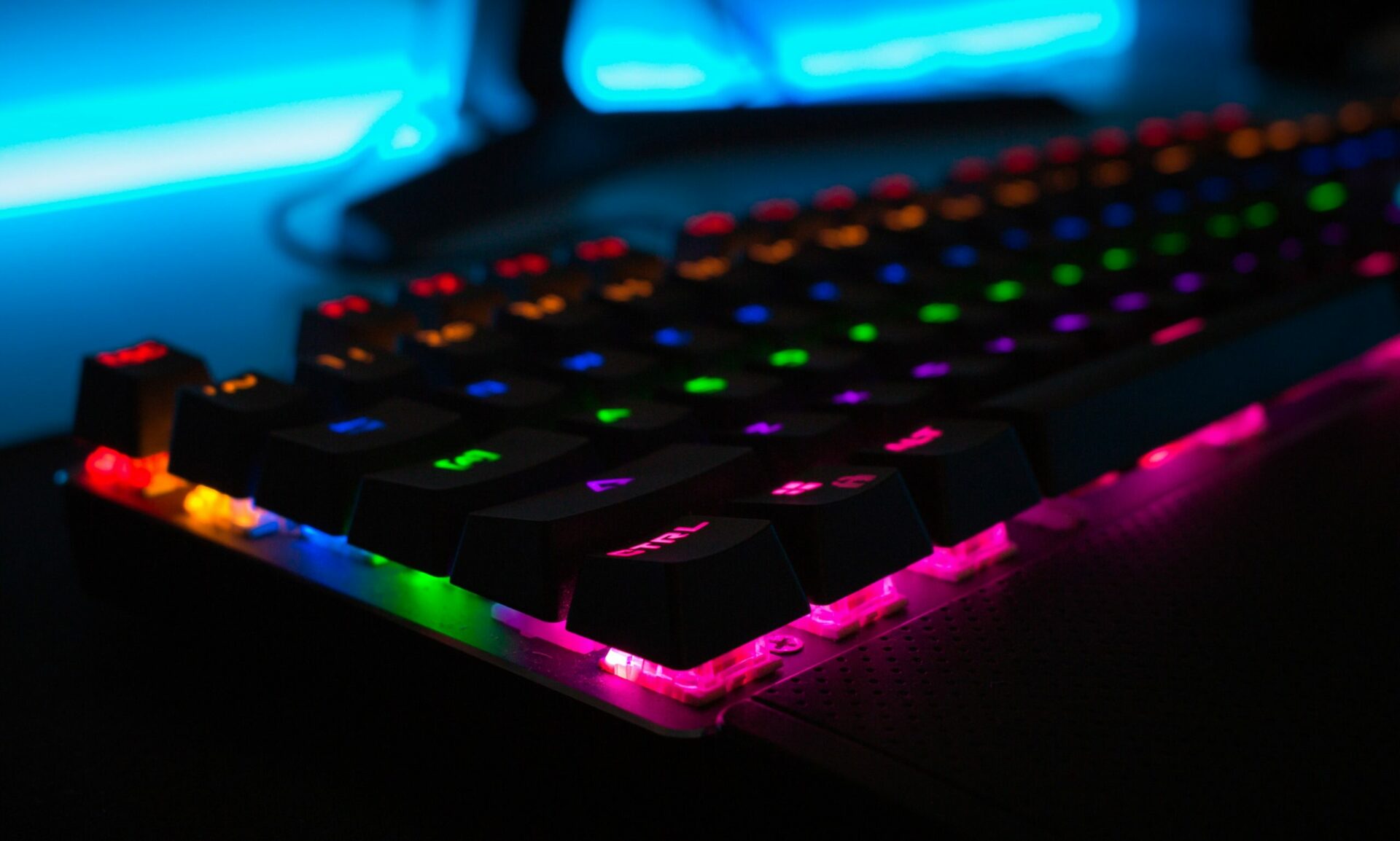27.07.2022
One of the biggest acquisitions in the history of the gaming industry

In January 2022, one of the most important events of recent years in the GameDev market and in the entire history of business mergers was initiated. Microsoft - one of the world's largest companies, with its portfolio of services such as Azure cloud, Microsoft office, or Windows, and with a large share of the gaming market, has begun the acquisition of one of the biggest players in the industry. We are talking about Activision Blizzard, known for such productions as Overwatch, Call of Duty, World of Warcraft or Diablo. The amount Microsoft is willing to pay for Activision reaches a record $68 billion. It is the largest takeover bid in the industry to date. Microsoft has a history of acquiring successful companies to expand its portfolio of services and products. Bill Gates' company has already been joined in the past by LinkedIn (about $26 billion) and Skype (about $8.5 billion), for example. Activision's purchase of Blizzard is therefore a further step to expand its hegemony in the technology market and increase its competitiveness against the likes of Google, Amazon and Apple.
So how is the future of the gaming industry shaping up in the face of such a major merger, and what does this mean for Microsoft's biggest competitor in the games and console market, Sony?
Sony, Playstation and the eternal console battle
For many years there has been a visible division in the console market between Playstation and Xbox (Nintendo has also joined the fray in recent years with its highly successful Switch). Until recently, this battle was usually won by Sony with its product, which had better performance at a competitive price and many more exclusive productions. Recently, this trend has changed. Microsoft has invested considerable capital to make the Xbox a more advanced and more refined console than before. This strategy has contributed to the console's popularity and the company's growing share of the gaming industry. The influx of new players may have in part prompted Microsoft to spend more and more on buying new game development studios to make its console portfolio (as well as Windows/PC games) even more substantial.
Gamepass as the video game industry's equivalent of Netflix
Another aspect working in Microsoft's favor is the hugely successful Gamepass, a monthly subscription service that gives access to a huge pool of titles a gamer can enjoy. This service, which is comparable to Netflix in the gaming industry, resulted in a significant increase in Microsoft's revenue from their games and caused many gamers to switch from Playstation to Xbox. This was due in part to the fact that Sony does not have an equally well-developed service that can compete with Gamepass. Activision's acquisition of Blizzard is key in this regard. By gaining access to the most popular titles, Microsoft can further expand its temporary game access service, and thus make Sony lose some of its market share. In the face of such a threat, Sony should increase its involvement in the market and pay more attention to customers' needs. The company needs to update its strategy and start offering consumers more competitive prices for its products. An important role in the gaming industry is played by exclusive titles, of which Sony has so far held more, however, if the Blizzard acquisition comes to fruition, this situation could change and the company could lose a large percentage of market share. This is not a very likely scenario, however, because most of the brands acquired by Microsoft are multiplayer games, and thus making them Xbox-exclusive titles would significantly reduce the amount of players and money a product could generate for the company. The Japanese company therefore needs to come out of its doldrums and start an aggressive price battle with the American giant and invest much more capital in developing its Gamepass counterpart. So far, Playstation Now, created for this purpose, has not been much of a success, as it has neither been promoted adequately, nor have significant brands in the gaming industry been added to it. Microsoft with its Gamepass service has adopted a different strategy, expanding it on a fairly regular basis with new titles both niche and high-end. Mention should also be made of PS Plus, which allows its subscribers to assign to their accounts, every month, new products offered. The service offered by Sony, however, does not match the popularity of Gamepass.
The future of the gaming industry in the face of more mergers
In the game industry, we can see in recent years trend of acquiring more and more developers by the largest companies in the market. This is the fate that has already befallen a significant number of mid-sized and even large companies. Studios such as Respawn Entertainment and Codemasters have been acquired (by Electronics Arts in the last 5 years) or Bethesda Softworks (by Microsoft in 2020 for $7.5 billion). Thus, an oligopoly is slowly forming in the market with dominant players in the form of: Microsoft, Sony, Electronics Arts, Ubisoft, Valve and Nintendo. However, it is evident that it is Bill Gates' company that wants to achieve undisputed dominance in this industry. More record-breaking acquisitions and the latest (which has yet to be confirmed by the relevant authorities in the United States, with the final acquisition itself set for the summer of 2023)
in the form of the purchase of one of the existing long-standing leaders in the games industry - Activision Blizzard - testifies to the fact that in a few years gamers may wake up in a reality where the choice will be productions released by companies that can be counted on the fingers of one hand. So is such a situation beneficial to the consumer?
So far, there are no negative changes for the consumer. Prices do not change significantly, and the quality of production is at an increasingly high level. The continued strong competition in the market between Microsoft and Sony has so far guaranteed a kind of balance and flow of players over time from one console to another and vice versa. The presence of other large companies such as EA or Valve also means that Microsoft does not have the kind of clout to dictate terms across the market. However, further acquisitions of major publishers may lead to a situation in which all other market players will be forced to adapt to Microsoft's terms, which will certainly not benefit either the consumer or the industry.
Stock market facing largest ever acquisition by Microsoft
Such significant movements in the video game market and the technology industry as a whole cannot go unnoticed by investors. On the US stock market, Activision Blizzard's share price jumped by 37% already in pre-session trading. Exchange is a key place when it comes to investments and acquisitions. It is also from it that we can infer how significant Microsoft's acquisition of Blizzard is. The numbers, or more precisely the share price, tell us this. Based on Activision's valuation of Blizzard, we can see that Bill Gates' company, with its $68 billion offer, outbid the company's value based on the stock price on the stock exchange by 45%. This shows how important a move it is for Microsoft to acquire one of the leaders in the gaming industry.
Rivalry between two giants
Thus, the future of the game industry with current trends and the fierce struggle of the largest market players looks extremely interesting. The coming years will show whether the rivalry between Sony and Microsoft will be beneficial to the consumer and whether a single visible monopolist will emerge in the industry, which will impose conditions on the entire market. A great deal in this regard depends on Sony, which will have to take significant steps to initiate a more aggressive battle with Microsoft if it wants to continue to hold on to its position as the leader in the console market and one of the biggest players in GameDev. The U.S. giant, in turn, is likely to further strengthen its portfolio in its quest for dominant status in such a large market, which will pose no small threat to many other Silicon Valley tech companies.




